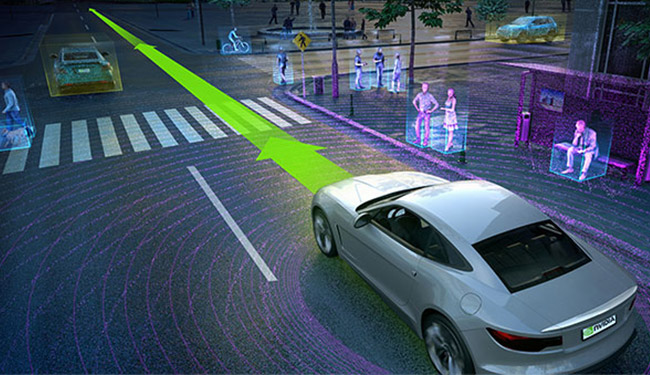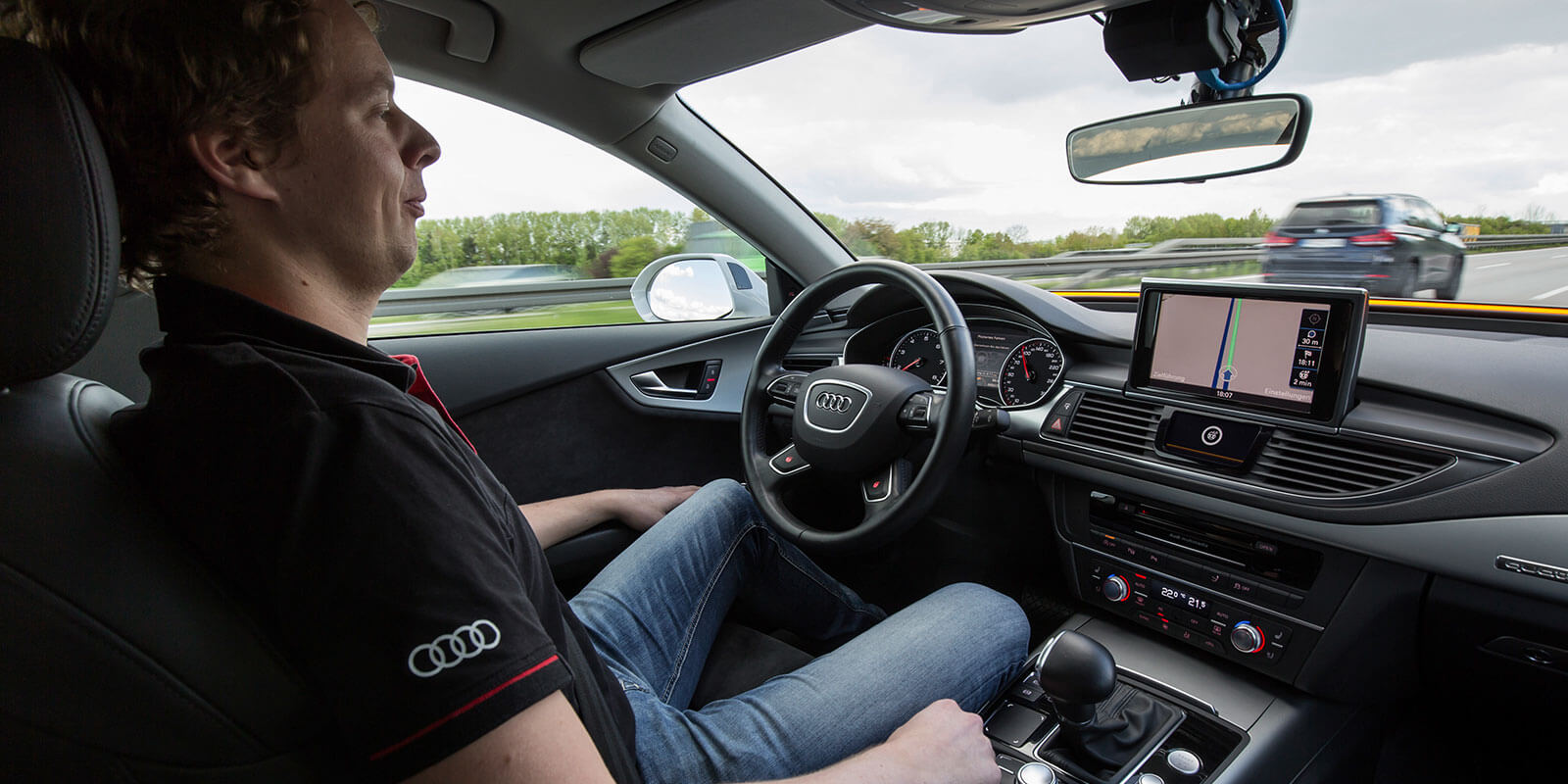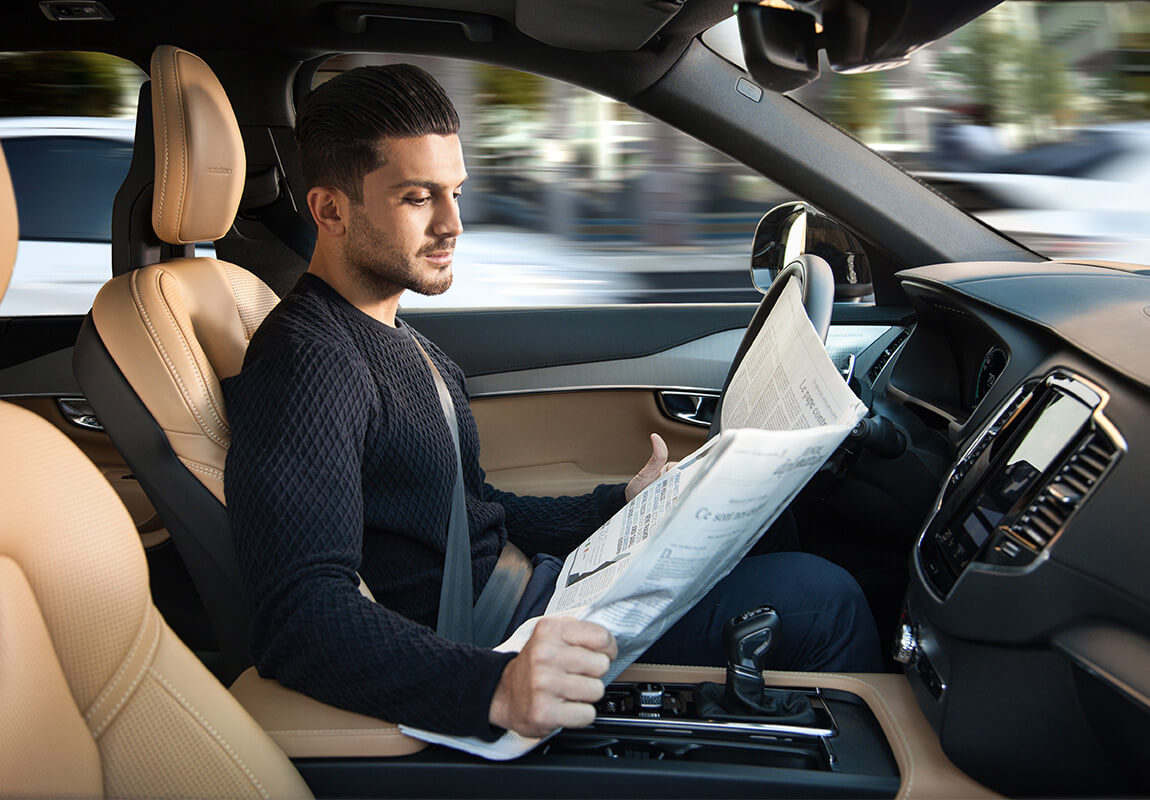The KPMG 2018 Autonomous Vehicles Readiness Index says Australians are “cynical” about autonomous vehicles (AV) and are hampered not only by attitude, but an only-average 4G network system.
“Australia receives the maximum score for the quality of its mobile networks but only middling ratings for the quality of its roads and availability of 4G and it has very few electric charging stations,” the report said.
“The country is very highly rated for people’s use of technology by KPMG’s Change Readiness Index, but few people live in test areas and consumer research suggests Australians are fairly cynical about the technology.”
The country is also held back by having few AV technology company headquarters and patents.
“The (KPMG) research found no relevant investments and few Australians drive electric cars, although it (Australia) receives credit for a strong Uber presence and for general availability of technology,” it said.
“AV trials are taking place or are planned in several cities, including Sydney, Melbourne, Perth and Adelaide.”
All this wasn’t good enough for better than a 14th-place ranking of countries that included Canada, China and the eighth-placed United Arab Emirates. Australia is sandwiched between France (13) and Spain (15).
Despite China’s massive uptake of electric vehicles that form the platform for AV services, it was not (yet) able to beat Australia and this year lies in 16th position.
KPMG’s global head of Infrastructure, UK-based Richard Threlfall, said the rapid development and adoption of AVs will be spurred by the alignment of the interests of private developers and public authorities.
“Companies including the dominant vehicle makers, technology giants and specialist startups have invested $US50 billion ($A66 billion) over the past five years to develop AV technology, with 70 per cent of the spending coming from outside the automotive sector,” he said in the report.
“At the same time, public authorities can see that AVs offer huge potential economic and social benefits.
“AVs could eliminate the 90-95 per cent of road accidents caused by human error, saving as many as a million lives every year.
“Assuming they are electric, they should also reduce road pollution, improving citizens’ health.
“AVs offer mobility benefits to people who are unable to drive at present, including the elderly, those who do not own a car and those who live in rural areas that do not have adequate public transport.
“And the hours spent driving, which now become productive, creates a potentially gigantic economic boost with one study estimating that the US economy could see an uplift of $US1.3 trillion ($A1.7 trillion) a year.
“For these reasons and others, many governments are keen to move towards an AV future as soon as possible.”
Mr Threlfall said AVs will bring changes to road infrastructure, including on-road telematics, signage, crash barriers, lane widths and curbs.
“They may also affect business cases for public transport schemes, which will need to integrate with AVs, as well as parking schemes and multimodal transport ticketing,” he said.
“AVs will also affect the placement and development of homes and businesses. They could make ride-sharing and mobility-as-a-service schemes more attractive, meaning space currently used for parking can give way to more housing and public spaces in urban areas.
“But by making longer commutes more attractive, they could also encourage more suburban and rural development.”
As stated in GoAutoNews Premium’s interview with Australian-based KPMG director of motor industry services, Steven Bragg in the previous edition, one of the impacts will be that many professional drivers are at risk of being replaced by technology.
“There are also implications for government revenues. At present, taxes on fossil fuels generate billions of dollars, while electric vehicles receive subsidies in many countries,” Mr Threlfall said.
“This means a shift to electric AVs would create a hole in tax revenues. Authorities need to think through urgently how to recover that lost revenue. For example, through road pricing, which might also help tackle congestion.
“Authorities will want to ensure that AVs are safe, both mechanically and in terms of their security from cyber-attack, so vehicle licensing could change, with new controls on data security.
“Regulations on vehicle insurance will need to adapt, including who is responsible for a driverless vehicle’s actions.
“Driving licenses could become redundant, although many countries use them as an identity card.
“Road traffic regulations, designed for use by humans, will ultimately be replaced by protocols, determining priority at junctions and giving way to emergency vehicles.”
Mr Threlfall said data generated by AVs will present particular policy challenges, including questions about who owns this data, whether the security of information is a public or private responsibility and what the data can be exploited for, whether that be advertising, road condition monitoring or passenger health.
“Different countries may come to different conclusions across these issues,” he said.
“Indeed the optimal AV future of one city may differ from another nearby, depending on patterns of travel and availability of public transport alternatives.
“But basic standards of interoperability will need to be put in place across countries and potentially entire continents.
“The reality is, AVs will have far-reaching implications across numerous areas of policy-making for countries around the world. So now is the time to plan.”
THE INDEX’S FOUR PILLARS
- Policy and Legislation: The four variables scored for this index are quality of AV regulations, whether the country has established an AV department within the government’s transportation department, government investment in AV infrastructure and number of government funded AV pilots.
- Technology and Innovation: Scores for this pillar are based on nine variables, two scored specifically for this index, five drawing on existing research and one calculated from data published by Uber. This includes patents and investments of each country.
- Infrastructure: The rating for infrastructure is based on six variables, all drawn or based on existing research. This includes a country’s readiness for AVs such as the density of electric vehicle charging stations, based on the number of charging stations divided by the length of paved roads in each country. The Netherlands has about 19 EV stations for each 100 kilometers of road, China and the UK are the only other countries with more than three in that distance, and eight countries have less than one.
- Consumer acceptance: This is based on four variables, including AV tests and trials, the population living in cities and people living in test areas. It is led by Singapore, which has hosted a range of AV pilots, while the Netherlands also scores highly as it has 78 per cent of its population living in the same city as a test. The US has 23 ongoing trials, but just a fifth of people live in a test area.
THE TOP FIVE
1: Netherlands
The top-ranked country of the 20 in the research.
KPMG said The Netherlands provides an infrastructure and a highly supportive government. It is an AV readiness model for other countries to follow, with excellent roads and enthusiastic adoption of electric vehicles. It is within the top four of each of the four pillars and ranked number one on infrastructure, most likely due to its heavily-used, well-maintained road network, rated as being among the world’s best by the World Economic Forum and the World Bank. It also has by far the highest density of EV charging points, with 26,789 publicly-available points in 2016 according to the International Energy Agency’s Global EV Outlook – more than Japan has for a road network more than eight times the length.
The Netherlands also has high-quality wireless networks and is investing $A143 million to adjust more than 1000 traffic lights to communicate with vehicles. It has the highest percentage usage of EVs in this index at 6.39 per cent in 2016 (International Energy Agency), nearly twice that of fourth-placed Sweden.
2: Singapore
It’s 2017 amendment to its Road Traffic Act allowing self-driving vehicles to be tested on public roads has helped the city state gain its high level of readiness for AVs. Singapore tops two pillars of this index, policy and legislation, and consumer acceptance, and is second only to the Netherlands on infrastructure. On policy and legislation, it receives the maximum score on regulation.
3. US
The US leads the world on AV innovation readiness, including 163 company headquarters.
The adoption of national standards would allow this to be better exploited. It also leads in AV innovation and is ranked at the top of the technology and innovation pillar of this index.
It scores maximum or near-maximum ratings on industry partnerships, research and development hubs, AV technology company headquarters, investment, and World Economic Forum ratings for technology availability and capacity for innovation.
4. Sweden
Several initiatives by Volvo support Sweden’s strength in AV innovation.
Further development of its EV charging network and more testing would build on this work.
Sweden, which has almost the same overall score as the US, ranks between second and eighth across the pillars in this index.
It is strongest in the technology and innovation pillar, where by per capita, it has the highest number of AV company headquarters, a strong showing on AV investments and one of the highest ratings from the World Economic Forum for availability of the latest technology.
Swedish-based (although Chinese-owned) vehicle-maker Volvo has undertaken several AV initiatives, including a US$300 million ($A400 million) joint-venture with Uber, a safety initiative also involving Autoliv and Ericsson, and research giving self-driving cars to real users on a pre-selected route in Gothenburg. It has the second-highest electric car share of the 20 countries, at 3.41 per cent. But lower scores on industry partnerships, research and development hubs and patents prevent a higher rank.
5. UK
The UK has begun changing regulations and offering financial support in order to introduce driverless cars by 2021.
Improved road and mobile infrastructure would help its readiness.
The UK rates in the top five for three pillars, but only tenth on infrastructure. On technology and innovation, the country has good scores on industry partnerships and research and development hubs, as well as high ratings from the World Economic Forum on both technology availability and capacity for innovation, although it has fewer AV patents than other leading nations.
On consumer acceptance, it has among the highest ratings from KPMG’s Change Readiness Index and the World Economic Forum, although lower ratings for the proportion of people living in test areas and on consumer acceptance.
14: Australia
Several Australian cities are hosting trials and the country has excellent mobile networks.
Improvements to roads and electric charging infrastructure would help with its AV readiness.
It scores reasonably well on AV-related policy and legislation, slightly less so in general ratings from KPMG’s Change Readiness Index and the World Economic Forum.
In May 2017, the country issued national guidelines for trials of AVs on its roads, with these requiring specific exemptions from state and territory governments. AV are one of the major disruptors hitting the transport system in the next 10 years in Australia. Others include road pricing, mobility as a service and increasing contestability in public transport operations.
These will drive different institutional and regulatory structures that will challenge the historical model of transport agencies with their focus on infrastructure development and system regulation.
By Neil Dowling















 Read More: Related articles
Read More: Related articles

